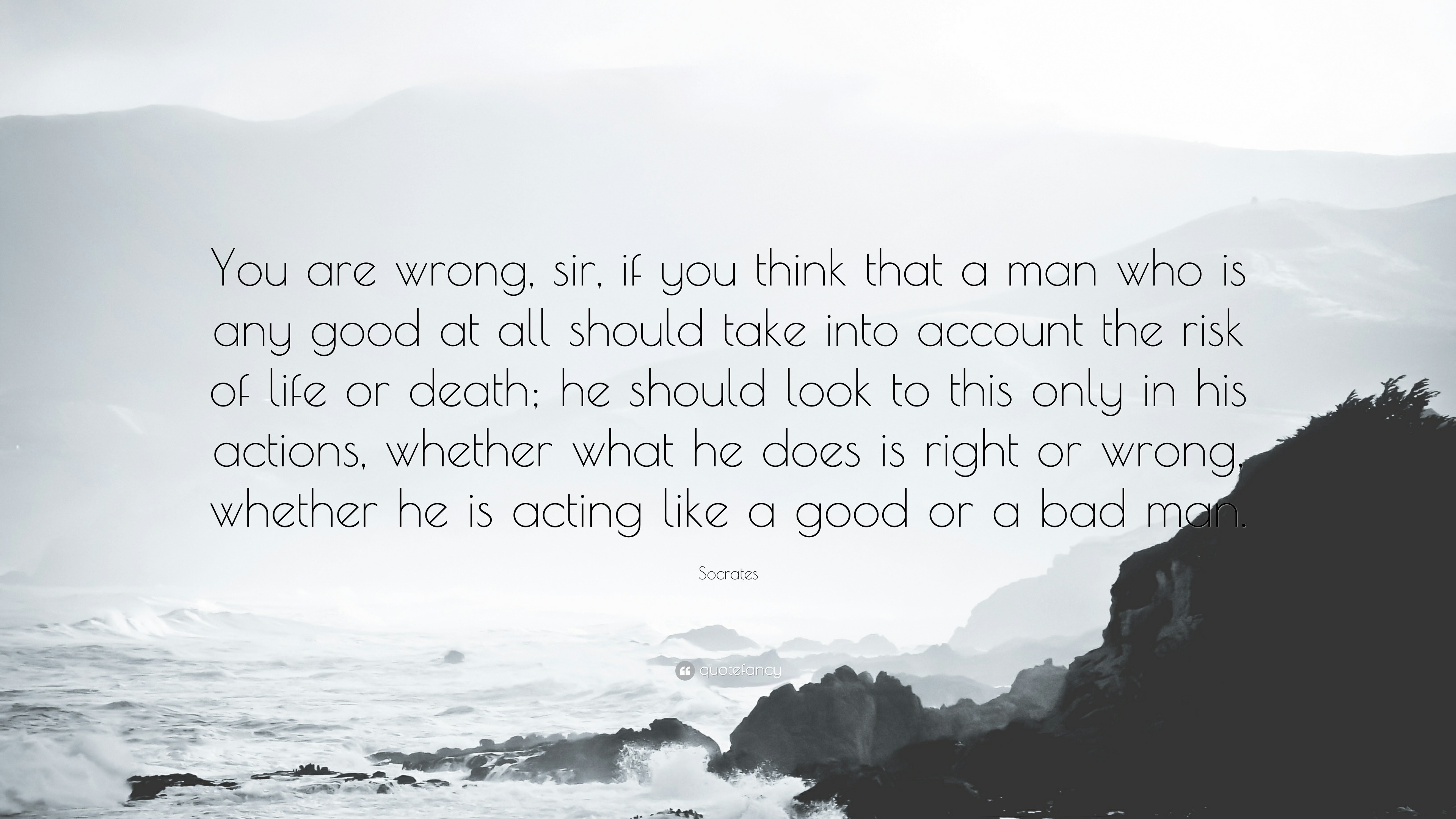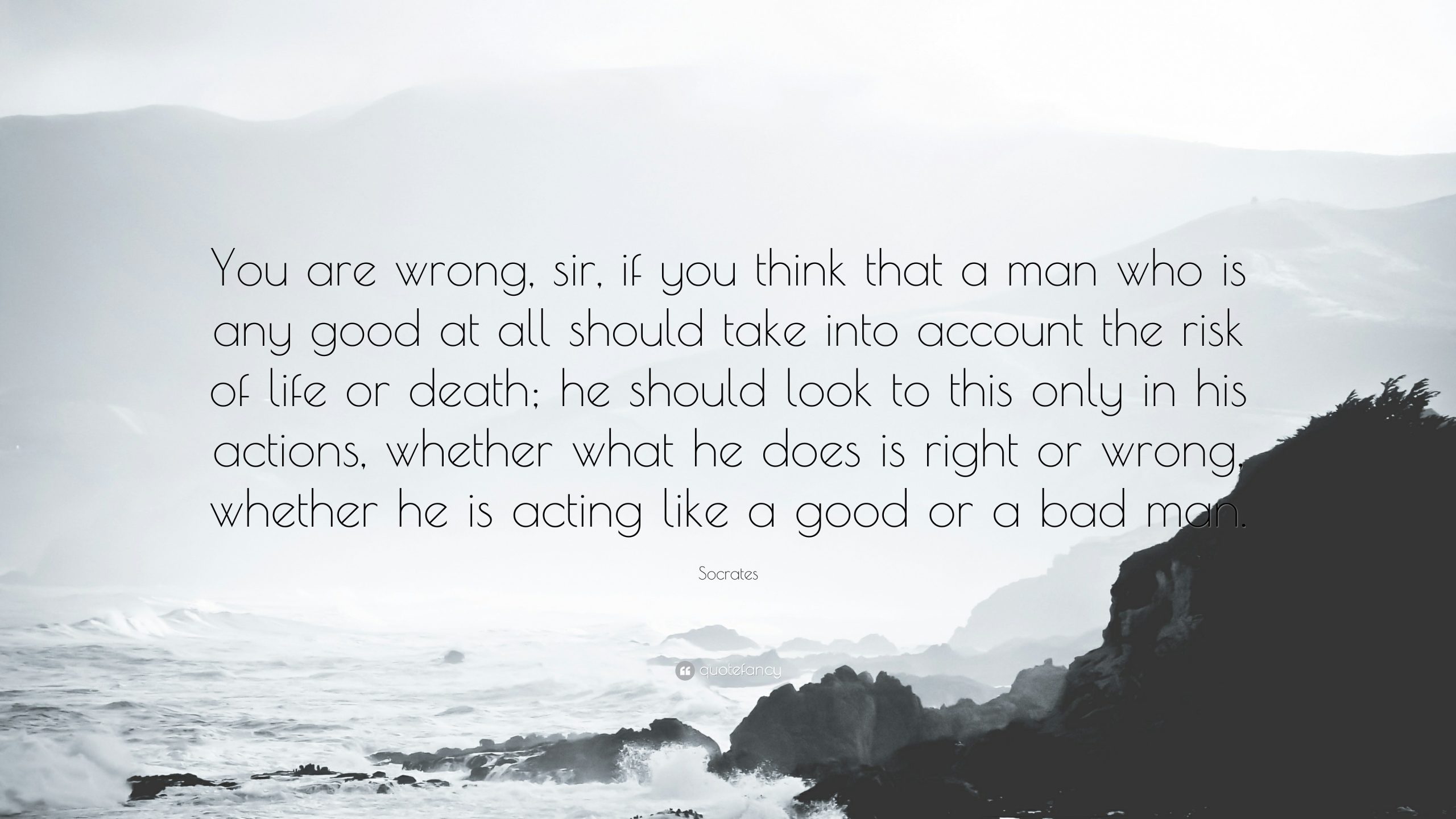
## The Pitfall of Belief Superiority: Inflated Knowledge and Overlooked Learning Opportunities
We are all acquainted with someone who is utterly convinced that their perspective on a specific topic isn’t merely the best but is also the *only* valid viewpoint. These people not only believe they are correct; they insist that everyone else is *incorrect*. Maybe, at times, we even embody that mindset ourselves. But what truly occurs when we assume we possess the most intelligence in the room?
Recent research by Michael Hall and Kaitlin Raimi sheds light on this issue. They discuss a concept known as **”belief superiority,”** which describes the psychological phenomenon where an individual considers their opinions or beliefs to be superior to those of others, rather than merely different.
This perception of superiority is fascinating, but even more interesting is the relationship that Hall and Raimi’s findings reveal between belief superiority and **overestimation of relevant knowledge**. In essence, those who hold their opinions in high regard are also inclined to think they possess more knowledge than others, even when they do not. Remarkably, they also tend to **neglect opportunities** for further learning and broadening their understanding. This adds a new dimension to the widely recognized **Dunning-Kruger effect** — a cognitive bias where individuals with limited ability or knowledge mistakenly overrate their competence.
In this scenario, it is not simply ignorance that leads to overconfidence; it is the strong belief that others’ views are misaligned or entirely misguided.
### Defining Belief Superiority
Belief superiority transcends the notion of simply thinking you are correct. It encompasses the conviction that your opinion is *categorically* superior to others’, implying that those who disagree with you are unequivocally wrong. This mindset carries significant real-world repercussions for how individuals participate in discussions and debates, especially regarding contentious issues such as politics, ethical quandaries, or environmental challenges.
One might assume that individuals who consider their beliefs to be superior are *truly* more knowledgeable on these matters. However, the study calls this assumption into question.
As highlighted in the [British Psychological Society’s Research Digest](https://digest.bps.org.uk/2018/05/31/people-who-think-their-opinions-are-superior-to-others-are-most-prone-to-overestimating-their-relevant-knowledge-and-ignoring-chances-to-learn-more/), Hall and Raimi aimed to examine whether belief superiority is genuinely linked to being better informed or if it merely corresponds with a misleading sense of expertise.
### The Research: Investigating Belief Superiority through Experimentation
In a series of experiments published in the *Journal of Experimental Social Psychology*, Hall and Raimi explored how belief superiority relates to actual knowledge across various topics. Their findings yielded some surprising insights.
1. **Belief Superiority and Self-Assessment of Knowledge** – Initially, they discovered that those with high belief superiority consistently overestimated their own knowledge in areas where they perceived their opinions as superior. Essentially, these participants thought they were more knowledgeable than they actually were, when measured objectively.
2. **Disregarding Opportunities for Learning** – One particularly troubling finding was that individuals with heightened belief superiority were more apt to **ignore chances to gain more knowledge** about the topics they felt passionate about. When provided with information that could have enriched their understanding or challenged their viewpoints, such individuals were less inclined to consider it.
This “closed-mindedness” is concerning. While we all sometimes hold onto our beliefs, those exhibiting belief superiority are often less inclined to explore new viewpoints or rectify potential misunderstandings. What could be an opportunity for constructive growth and intellectual humility turns into a situation where individuals entrench themselves in their asserted correctness.
3. **Overconfidence Compared to Actual Knowledge** – The research revealed a notable gap between perceived knowledge and real familiarity with a subject. Many participants were **not as informed as they asserted** and often graded their comprehension much higher than was justified — demonstrating the Dunning-Kruger effect with an added twist. It is not just ignorance that misguides overconfident individuals, but also the belief that *others* are fundamentally incorrect.
### The Dunning-Kruger Effect: A Reminder of Overconfidence Among the Less Knowledgeable
The Dunning-Kruger effect, introduced in 1999 by psychologists David Dunning and Justin Kruger, describes a paradoxical condition whereby individuals lacking expertise in a domain significantly overestimate their capabilities. Incompetence frequently results in inflated self-evaluations because such individuals are unaware of their own deficiencies.
What Hall and Raimi’s study emphasizes is that the Dunning-Kruger effect can coexist with the **belief-superiority effect**. In this situation, it is not merely ignorance that fuels overconfidence, but the erroneous belief that others are simply mistaken.
